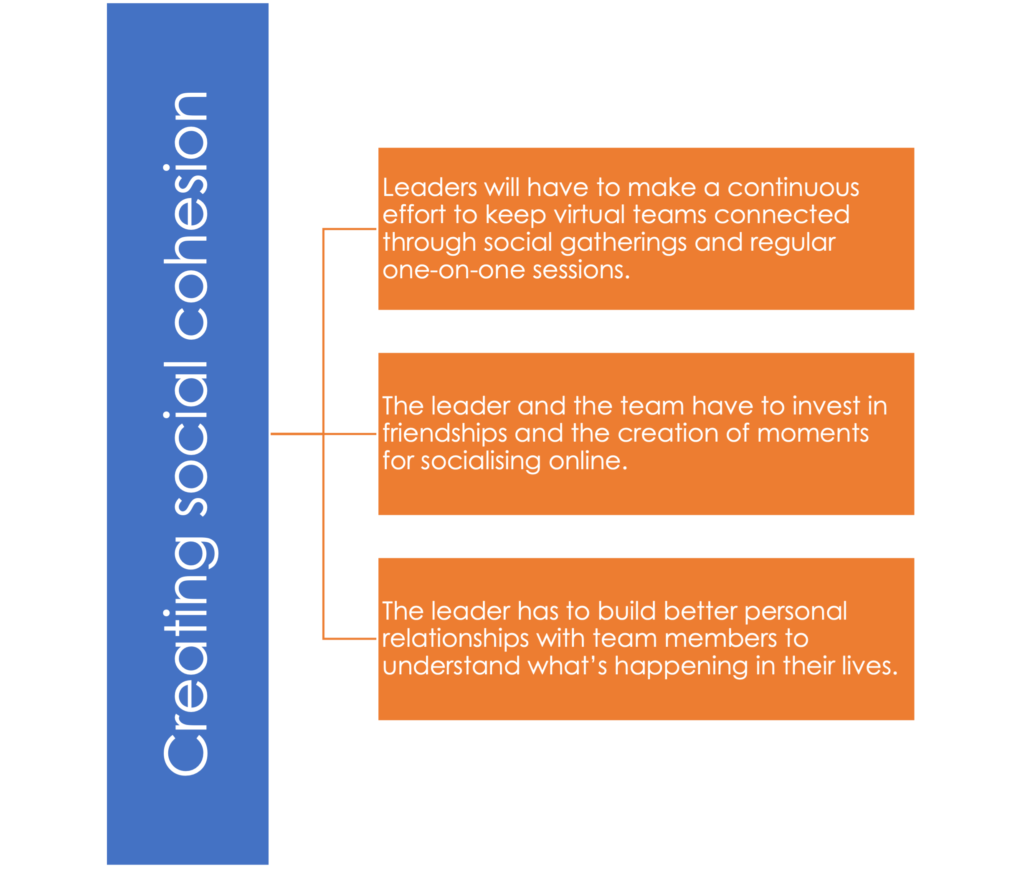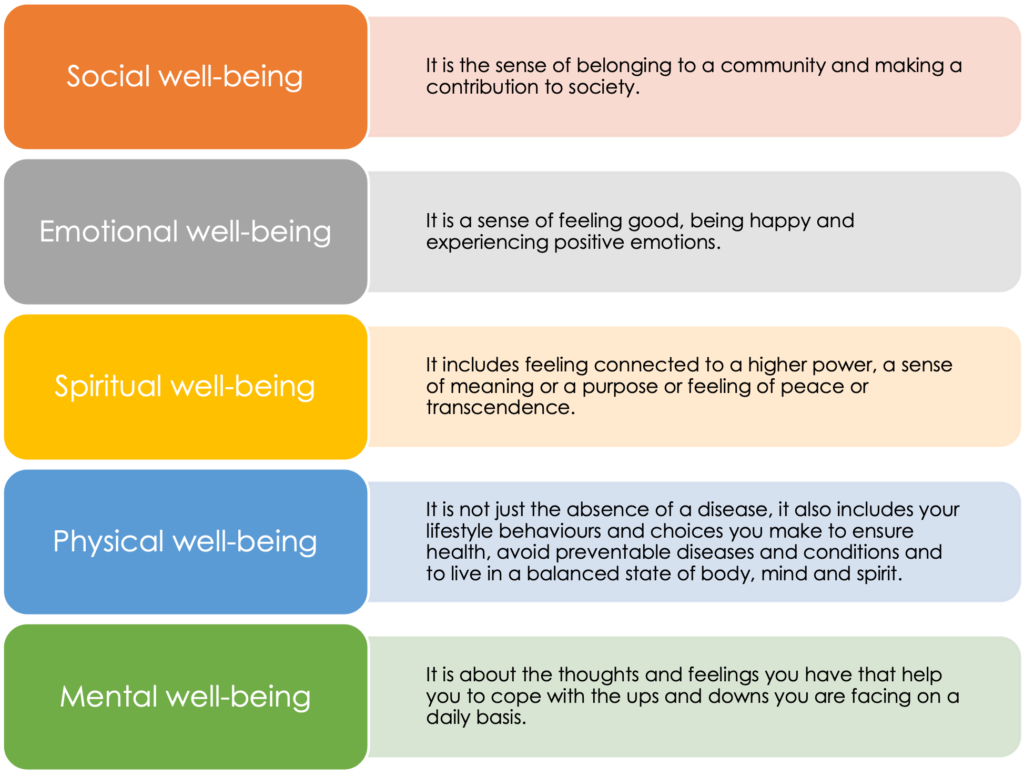By Carli Uys (MCom Industrial Psychology and MCom Communication studies)
During these turbulent times it is difficult to be hopeful about what the future holds and to be optimistic that it all will turn out good in the end. It at times might feel that it is all getting too much to handle and that there is nothing to be optimistic about, as it feels that these turbulent times will not end any time soon. The pandemic has fundamentally changed how we view life, how our society works, and how we work. Many have lost their jobs and are struggling to be able to survive financially while most are battling to stay hopeful that this pandemic will pass and allow us to live our lives the way we want to.
These turbulent times have impacted our sense of hopefulness and our optimism about our future and how we will be able to get through every day. It is up to you to imagine a better future as to help you maintain some level of mental well-being. This can help you to keep believing that a better future will arrive and that your life will get better.
So, what does being hopefully optimistic mean?
Let’s first look at the meaning of hope, hopeful and optimistic.
Hope can be defined as a feeling of expectation and desire for a particular thing to happen, a feeling of trust and a want for something to happen. This means that you have an expectation that something good will happen. Every person views hope in a different way. Hope can be an emotion that you feel or you can use it as a way to motivate yourself to take action or it can be a coping mechanism that gets you through difficult times.
Hopeful is a feeling or inspiring optimism about a future event and a person likely or hoping to succeed. Optimistic can be defined as being hopeful and confident about the future.
This means that if you are hopeful you are an optimist. APA defines an optimist as someone “who anticipate positive outcomes, whether serendipitously or through perseverance and effort, and who are confident of attaining desired goals.” It is completely normal for a person to at times have trouble with being optimistic. Most of use lie somewhere on the spectrum between pessimism and optimism, and tend to demonstrate sometimes strong and relatively stable or situational tendencies in the direction of optimism or pessimism.
Kara Cutruzzula provided various tactics to help you shift your daily thoughts from possible pessimistic thoughts to optimistic thoughts.
- Shift your expectations from only seeing the negative in a situation or in your day to change your subjective reality to be more positive. This will also help to change your objective reality by acting as a self-fulfilling prophecy. This means that when you wake up in the morning you need to say that you will have a great day and speak it into existence to avoid yourself of falling into the trap of making gloomy predictions about your day.
- Be aware that you can change your life at any given point in time. Just because you are experiencing turbulent times does not mean that you have to accept it and let it control your life. If you lose your job, you have to decide to be hopefully optimistic that you will get a new job or that your dream of starting your own business will become a reality. Whatever your desire for your future might be, you need to be hopeful that it will happen when you put in the effort to achieve your dream.
- Always look for meaning in challenging times in your life. Always view negative events in your life as something that you can learn from and focus your mind on trying to find the positive that can come from the negative event. We can all learn from negative experiences and implement the learnings into our lives. It is up to you to see the positive and decide how it can transform your future and view of the world.
- Listen to another person’s story where they found meaning in their turbulent times. Listen deeply and intentionally to get the just of the story and understand how it impacted that person’s life in the long run. Then go and reflect on your experience and how you can find meaning out of your turbulent times. Make it a memorable experience as your journey can positively impact someone else who might be experiencing something similar and who might need guidance or encouragement to get through their turbulent times.
- Focus on what you are truly passionate about and let it anchor you in what you truly want out of life. Let your passion guide you to understand what it is that you want to achieve in your life and determine how you will go about achieving it.
Thinking positively helps a person be healthier, more productive and in the end happier. When you tell yourself you can do this, you can be the best, then you will have a mindset that pushes you to be the best and help you achieve your goals. But when you are negative, you will feel down, you will feel like you cannot achieve anything and that you are a failure. But you are not, no one is. It is about your mindset. When you face a challenge and decide to be hopefully optimistic about the outcome, you already have made it possible for yourself to achieve what it is that you want to achieve. Strive to always look at a situation from a hopefully optimistic perspective, as it will open your mind and help you see what can be done to solve the problem or achieve your dreams.







